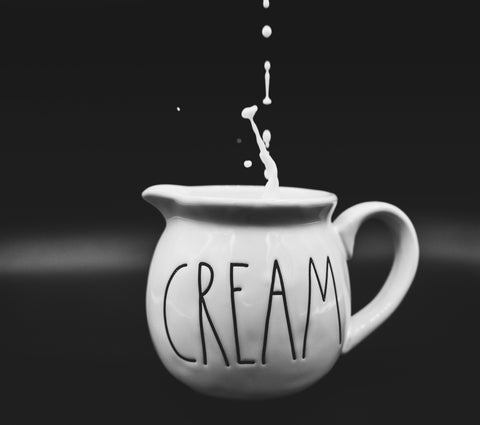You love the taste of coffee, but don’t love being wide awake at midnight when you have to get up early the next day. It makes sense!
Coffee is delicious, but caffeine is best left for the morning hours for some people. Decaf coffee is a great way to have the best of both worlds – delicious coffee without the caffeine.
There are two main types of decaf – Swiss Water coffee and Methylene Chloride decaf. Both refer to the caffeine removal process, leaving behind a delicious coffee bean. Is one better than the other?
What is Swiss Water Coffee?
First developed in Switzerland in 1933, Swiss Water decaffeination is a chemical-free process which strips the caffeine from the green coffee bean. You’re left with a delicious tasting coffee bean with less than 1% caffeine and zero chemicals.
The process is completely natural, using charcoal and Swiss Water from British Columbia or Canada. The beans start in scalding water and then run through charcoal, which removes the caffeine from the water but leaves behind the delicious coffee flavors.
A new batch is then soaked in the coffee-laden water, to remove the caffeine from the beans, while infusing them with the coffee flavor from the previous batch. This leaves delicious coffee beans ready for delicious roasting and enjoyment.
What is MC Decaf Coffee?
MC decaf coffee beans go through a different process. First, they’re soaked in water. This expands the cell structure for easier caffeine removal. Next, they soak in a Methylene Chloride solution which strips the bean of caffeine. The beans go through the process a few times for the best results.
The MC method is FDA-approved and tastes just as delicious as other decaf coffee beans. This was one of the first ways decaf coffee was created.
The Benefits of Swiss Water Coffee
- Uses a chemical-free process
- The beans retain their health benefits including the antioxidants
- Eco-friendly
- Removes 99.9% of the caffeine
The Benefits of MC Decaf
- Removes as much as 99% of the caffeine from the beans
- A more cost-effective method
- Any traces of MC are roasted off in the high temperatures when creating the coffee beans
- Leaves behind a deliciously flavorful bean
Why Consider Decaf Coffee?
If 87% of people drink caffeinated coffee, why should you consider decaf?
Not everyone can tolerate caffeine. For some, it makes them jittery and for others, it bothers their digestive system. Yet if you love the delicious taste of perfectly roasted coffee beans, decaf coffee does the trick. With only 2 to 15 milligrams of caffeine per cup, versus 95 to 200 milligrams in caffeinated coffee, it’s a wonderful alternative.
At Java Bean Plus, we offer a large variety of caffeinated and decaf coffee including both MC decaf and Swiss Water coffee. Shop our wide selection of decaffeinated coffee and treat yourself to an indulgent cup of coffee without the worry of consuming too much caffeine.



